Like most technology firms, Apple has been home to many successes, and some spectacular defeats. One failure was Project Aquarius. At the dawn of the RISC era, before ARM architecture was “discovered” in Cupertino, engineers were hunkered over a Cray X-MP/48. The objective was to design Apple’s own quad core RISC processor to … Read More
Author: Don Dingee
Verilog-AMS connects T-SPICE and Riviera-PRO
With advances in available IP, mixed signal design has become much easier. Mixed signal verification on the other hand is becoming more complicated. More complexity means more simulation, and in the analog domain, SPICE-based techniques grinding away on transistor models take a lot of precious time. Event-driven methods like… Read More
Lead, follow, or catch the next Silicon Valley wave
What does the IoT mean for the next wave of Silicon Valley innovators? Looking at the previous waves of semiconductor economic development and the doctrine of “creative destruction” holds clues as to how this one develops and who emerges as the new leaders.
Given seven decades of progress, it may seem semiconductor firms on top … Read More
Winning the IoT protocol battle with DSP
There are too many IoT protocols. Way too many. Anyone who says one single protocol will be the winner from end-to-end in all IoT applications and markets is smoking something. Software defined, multi-protocol gateways are the only hope on the IoT – and DSP cores enable this strategy.… Read More
Synthesizing rad-tolerant RTL for FPGAs
The maiden voyage of NASA’s Orion spacecraft brought a raft of articles about how the flight computer inside is “no smarter than your phone,” running on wheezing IBM PowerPC 750FX processors. NASA’s deputy manager for Orion avionics, Matt Lemke, admits the configuration is already obsolete – at least in commercial terms. … Read More
Verification plans overcome hope-based coverage
Coverage is an important yet elusive metric for design verification. It often seems 90% of coverage comes with 10% of the effort, and getting the final 10% covered takes the remaining 90% of a project. Usually, it takes another tool or methodology to get at the 10% the first tool missed. With 100% closure difficult, most teams inspect… Read More
‘Tis the season for 4K UHD and HEVC
4K UHD TVs were all dressed up at CES 2014 with no content to show. The good news for the 2014 holiday season is the industry has converged on one set of standards for display, interfacing, and encoding, so consumers should not be left marooned in an instant replay of the 3DTV hype-crash cycle. It may be a bit longer before everyone can… Read More
SIM cards and avoiding stranded IoT assets
Since pennants, drums, smoke, and horses fell out of favor to more advanced communication technology, network operators have struggled to find balance. Too few subscribers interested, and infrastructure investments completely fail. Just the right number of paying users, revenue streams provide profit and ability to invest… Read More
Using HAPS-DX for system-level deep trace debug
Debugging an ASIC design in an FPGA-based prototyping system can be a lot like disciplining a puppy. If you happen to be there at the exact moment the transgression occurs and understand what led up to that moment, administering an effective correction might be possible.
Catching RTL in the act requires the right tools. Faults in… Read More
Arteris on a winning streak in 2014
When Arteris sold key network-on-chip intellectual property and most of its human assets to Qualcomm earlier this year, it was big news. We suggested the bigger news after a restaffing effort would be a next-generation NoC release, and a new round of design wins.
Some developments were already in the pipeline. … Read More


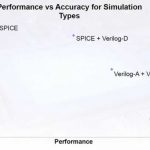

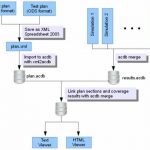
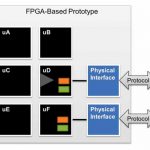



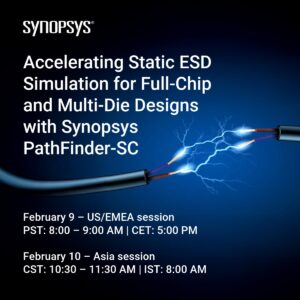


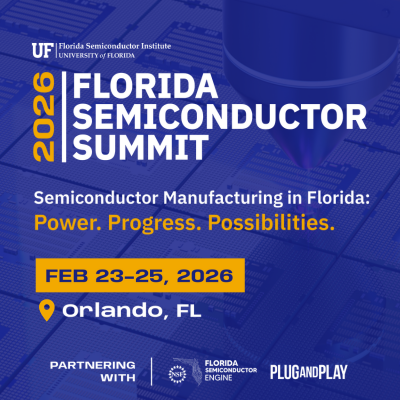
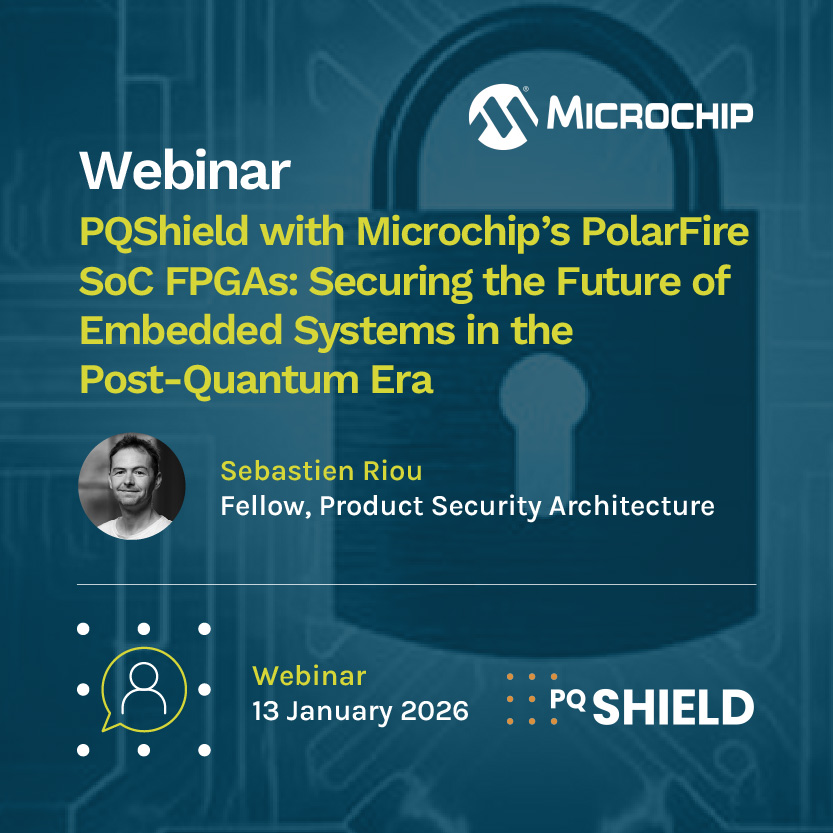
The Foundry Model Is Morphing — Again